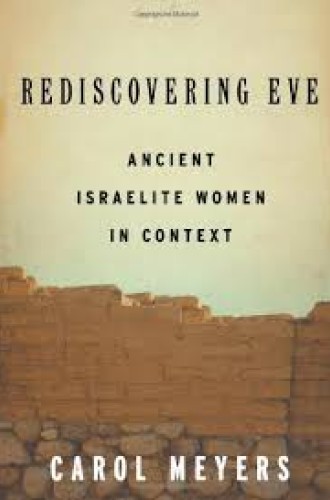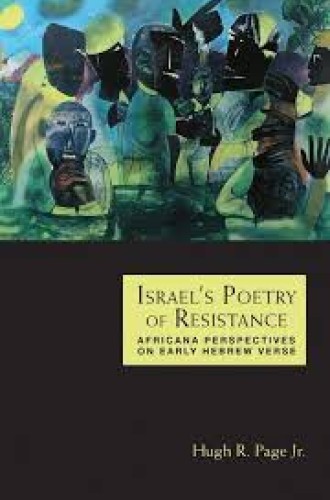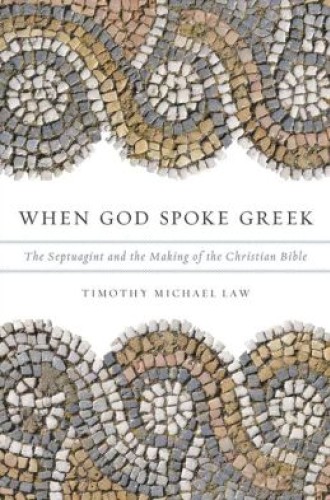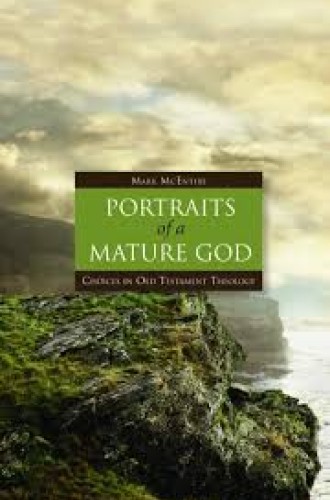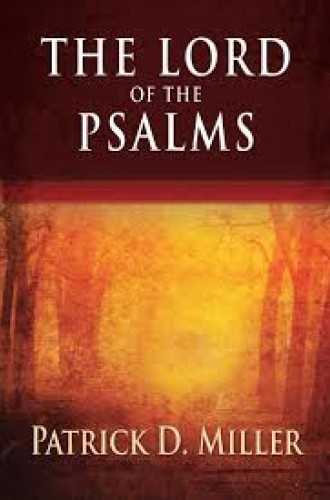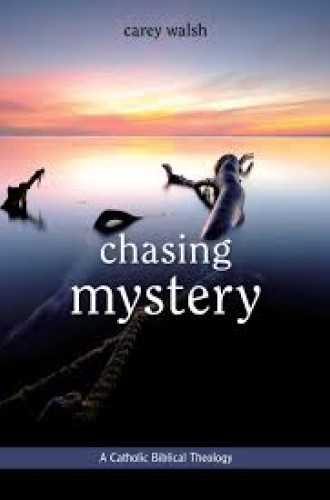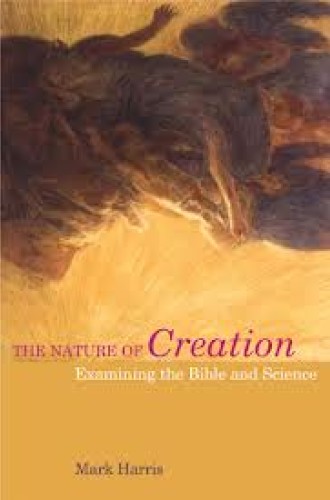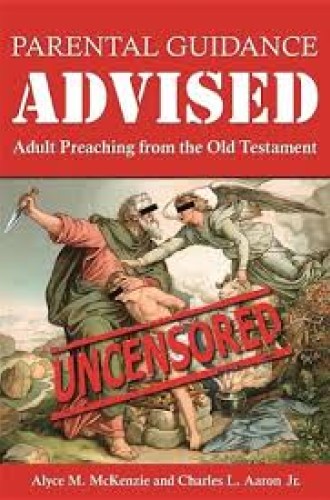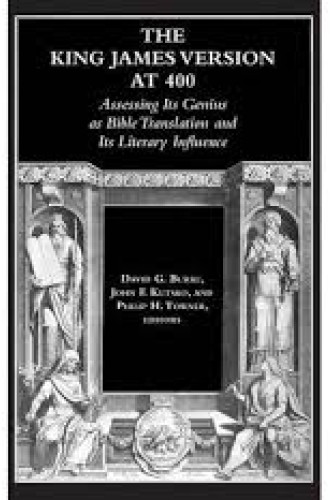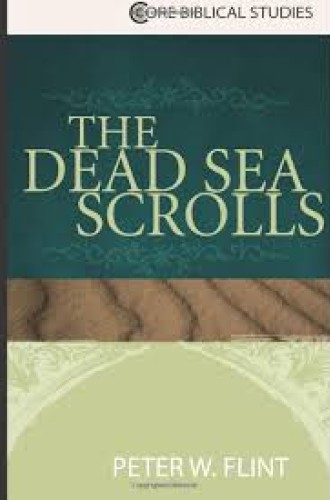Old Testament
Rediscovering Eve: Ancient Israelite Women in Context, by Carol Meyers. A distinguished archaeologist, Meyers first published Discovering Eve in 1988, using cultural anthropology, ethnography, and archaeology to reconstruct the everyday lives of Israelite women in ancient times. Since then a dramatic increase in the amount of available information about ancient Israel has compelled her not merely to update the prior book, but to outline anew what is known about ancient households and the economic, reproductive, sociopolitical, and religious activities shaping women’s lives.
Israel’s Poetry of Resistance: Africana Perspectives on Early Hebrew Verse, by Hugh R. Page Jr. A prominent African-American scholar reads Israel’s earliest poems alongside black experience in America, including the author’s own upbringing in Baltimore close to Johns Hopkins University, the center of much scholarly discovery concerning this literature. Offering rich translations of the poetry, Page reads the Song of the Sea (Exod. 15) in concert with Zora Neale Hurston’s Moses, Man of the Mountain, the Song of Deborah (Judges 5) in connection with freedom fighter Harriet Tubman, and several other well-known early poems with other movements and moments in Africana. He concludes with reflections relating this ancient poetry to black resistance spirituality.
When God Spoke Greek: The Septuagint and the Making of the Christian Bible, by Timothy Michael Law. The Greek Septuagint version of the Hebrew Bible arose among diasporic Jews in Hellenistic times and continued its preeminence for gentile Christianity until the fourth century, when Jerome translated the Bible directly from Hebrew to Latin. Despite its eclipse, the Septuagint has had deep and lasting effects on Christian theology and biblical interpretation. In lively prose, Law traces its fascinating story, suggesting that the Septuagint has been wrongfully neglected.


